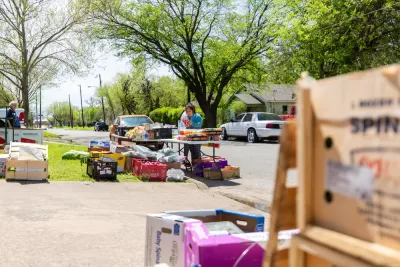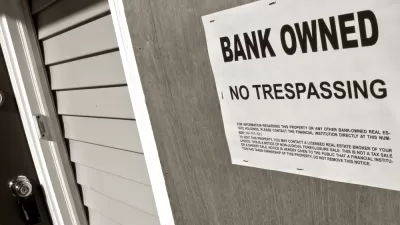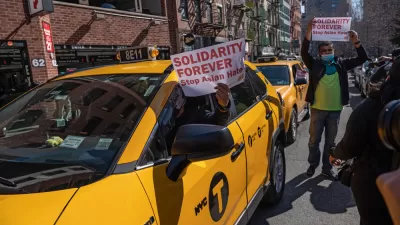A new report details how policymakers and community leaders can improve California's efforts to advance an equitable recovery from COVID by supporting and empowering community-based organizations in underserved communities.

The COVID-19 crisis continues to inequitably affect Californians who live in underserved communities. These residents are still experiencing the highest COVID-19 case rates and disproportionate economic impacts related to the ongoing crisis: outcomes that directly result from systemic racism and continued divestment.
Since the start of the pandemic, community-based organizations (CBOs) across California have stepped up to provide resources and services to those most in need. Specifically, CBOs have delivered food aid, housing assistance, personal protective equipment, translation services, vaccinations, and a variety of other indispensable supports to the communities they serve.
A new report, titled "How California’s Community-Based Organizations Filled the Gaps for Underserved Communities: Meeting the Needs of Racially & Ethnically Diverse Communities During the Pandemic," shows how policymakers and community leaders can improve California's efforts to advance an equitable recovery by supporting and empowering CBOs in underserved communities. This report was developed by the California Pan-Ethnic Health Network (CPEHN), ChangeLab Solutions, and Prevention Institute and includes contributions from 21 CBOs from throughout California.
Besides discussing the systemic inequities that underlie disparities in COVID-19 case and death rates, the report also documents the specific ways that CBOs have served and risen to the occasion during the pandemic. The report concludes with key recommendations for California policymakers and community leaders on a variety of topics and policy areas.
FULL STORY: How California’s Community-Based Organizations Filled the Gaps for Underserved Communities

Maui's Vacation Rental Debate Turns Ugly
Verbal attacks, misinformation campaigns and fistfights plague a high-stakes debate to convert thousands of vacation rentals into long-term housing.

Planetizen Federal Action Tracker
A weekly monitor of how Trump’s orders and actions are impacting planners and planning in America.

San Francisco Suspends Traffic Calming Amidst Record Deaths
Citing “a challenging fiscal landscape,” the city will cease the program on the heels of 42 traffic deaths, including 24 pedestrians.

Bend, Oregon Zoning Reforms Prioritize Small-Scale Housing
The city altered its zoning code to allow multi-family housing and eliminated parking mandates citywide.

Amtrak Cutting Jobs, Funding to High-Speed Rail
The agency plans to cut 10 percent of its workforce and has confirmed it will not fund new high-speed rail projects.

LA Denies Basic Services to Unhoused Residents
The city has repeatedly failed to respond to requests for trash pickup at encampment sites, and eliminated a program that provided mobile showers and toilets.
Urban Design for Planners 1: Software Tools
This six-course series explores essential urban design concepts using open source software and equips planners with the tools they need to participate fully in the urban design process.
Planning for Universal Design
Learn the tools for implementing Universal Design in planning regulations.
planning NEXT
Appalachian Highlands Housing Partners
Mpact (founded as Rail~Volution)
City of Camden Redevelopment Agency
City of Astoria
City of Portland
City of Laramie





























